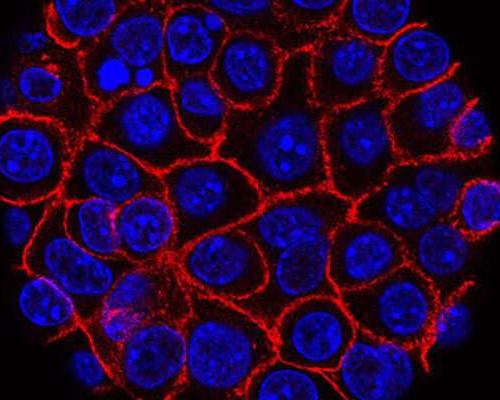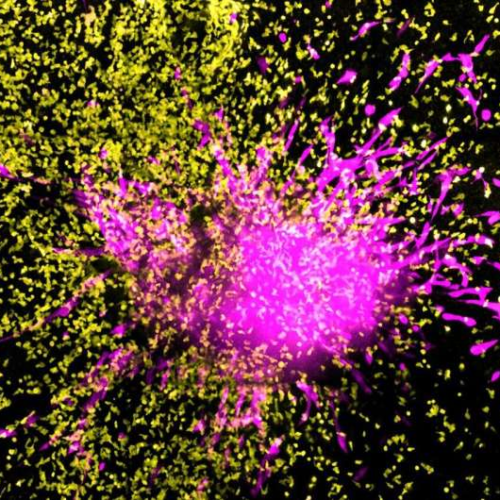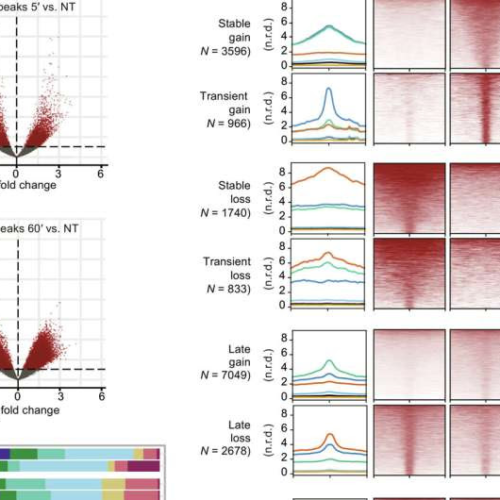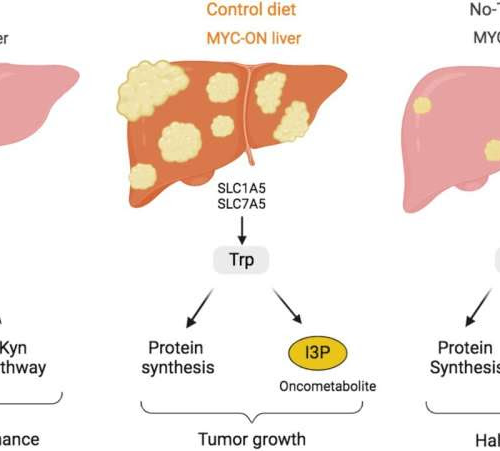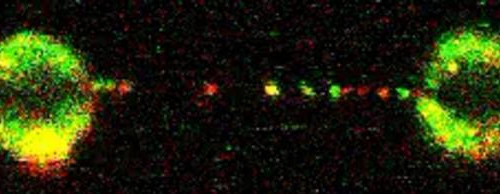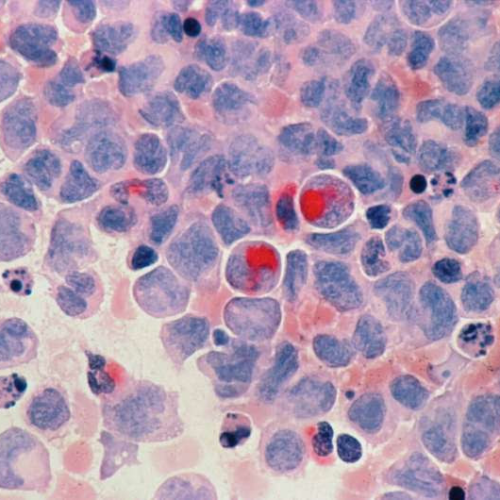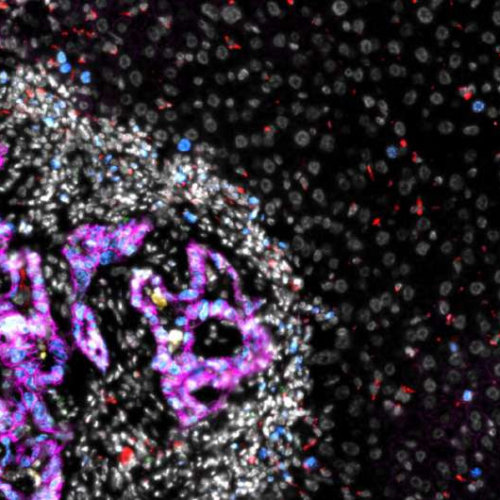September 4, 2024 by Kendall Staton, Lexington Herald-Leader Pancreatic cancer cells (blue) growing as a sphere encased in membranes (red). Credit:National Cancer Institute Researchers at the University of Kentucky are testing the effectiveness of a vaccine that may be able to treat pancreatic cancer. As one of 15 research institutions across the nation taking part...
Category: <span>Cancer</span>
Two-in-one treatment could hold promise for incurable brain cancer, mouse study shows
September 2, 2024 by Walter and Eliza Hall Institute of Medical Research Chimeric antigen receptor (CAR) T cells, genetically engineered leukocytes (white blood cells), in their fight against glioblastoma, a deadly type of glioma. Credit: Journal for ImmunoTherapy of Cancer (2024). DOI: 10.1136/jitc-2024-009486Researchers at WEHI have identified a promising new two-in-one treatment that not only...
Chinese Medical Journal review provides valuable insights into the development of new anti-angiogenic drugs
News Release 9-Aug-2024 Researchers point to the urgency of developing innovative ways of using drugs that block blood vessel formation during cancer treatment Peer-Reviewed PublicationCactus Communications image: Inhibition of tumor angiogenesis is a universal approach for the treatment of tumors. This calls for the development of more effective next-generation anti-angiogenic drugs for advancing the treatment...
Newly discovered mechanism halts tumor cell replication
August 8, 2024 by University of Bologna Top1ccs induce dynamic changes of hybrid levels at specific genomic sites in HCT116 cells. Credit: Science Advances (2024). DOI: 10.1126/sciadv.adm8196A research group at the University of Bologna has identified, for the first time, the specific location and genomic context where DNA breaks occur due to the inhibition of...
Liver cancer growth tied to tryptophan intake
August 1, 2024 by UT Southwestern Medical Center Summary of our findings on Trp dependency and vulnerability in MYC-driven tumors. Credit: Nature Communications (2024). DOI: 10.1038/s41467-024-47868-3Researchers at UT Southwestern Medical Center have discovered that a diet free of the amino acid tryptophan can effectively halt the growth of liver cancer in mice. Their findings, published...
FANCI that! Decades long mystery of how DNA damage by sunlight, alcohol and pollution is identified so it can be repaired, is solved. Opens up opportunities for improved cancer treatments.
Peer-Reviewed PublicationMedical Research Council (MRC) Laboratory of Medical Sciences video: A single molecule of DNA (not directly visible) is captured using microscopic beads (the large circles). Each of the red, green or yellow dots moving between the beads represent a FANCD2I-FANCI protein complex sliding along the DNA molecule, monitoring it for damage. Credit: MRC Laboratory...
Research team uncovers the underpinnings of head and neck cancers
July 30, 2024 by Katharine Gammon, University of Southern California Credit: CC0 Public DomainA new paper published in the journal Proceedings of the National Academy of Sciences shows how an amino acid may hold the secrets of oral cancers. Upper aerodigestive squamous cell carcinoma is a common and aggressive malignancy—it attacks more than half a...
Study provides new insights into fighting leukemia by targeting its stem cells
JULY 24, 2024 by University of Geneva Credit: Unsplash/CC0 Public DomainAcute myeloid leukemia (AML) is the most common blood and bone marrow cancer in adults. Caused by an increase in immature cells that rapidly destroy and replace healthy blood cells (red and white blood cells and platelets), AML is lethal in half of those affected...
Researchers uncover how colorectal cancer cells colonize the liver
JULY 24, 2024 by ETH Zurich A colorectal cancer metastasis (left half of the image) in the liver. Colorectal cancer cells, pictured in magenta, surrounded by other cells, in white, within the metastasis (microscopy image). Credit: ETH Zurich / Morgan Roberts, Elena Guido Vinzoni In cases where cancer is fatal, 9 out of 10 times...
HOW MELANOMA BECOMES RESISTANT TO TREATMENT
JULY 1ST, 2024 POSTED BY U. ZURICH UNIVERSITY UNIVERSITY OF ZURICHResearchers have discovered the mechanism behind melanoma’s resistance to treatment. These findings could pave the way for more effective therapies. Malignant melanoma is one of the most aggressive types of cancer. Despite recent progress in effective therapies, the tumors of many patients are either resistant...

